Imagine for a second not being able to recall the names of paintings, songs, or places you once loved. Try to picture yourself being confused about how to fry an egg, or in what order to shower and get dressed? Now think about what it would feel like to have others assume that you are no longer competent at anything.
These are just some of the dilemmas faced by Kate Swaffer, an Australian blogger, who has been diagnosed with younger onset dementia.
What Is Younger Onset Dementia?
Dementia is a syndrome that causes serious loss of cognitive ability and affects memory, attention, language, and problem solving. Dementia is most commonly seen in the elderly, but is not a normal consequence of the aging process. Dementia under the age of 65 is uncommon, and is referred to as “younger onset dementia.”
Kate’s Story
Despite the stigma Kate’s up against—and the profound vulnerability she experiences daily—she bravely invites readers of her blog to feel what it is like to be in her shoes.
Creating Life With Words, Kate’s blog, is honest, incredibly insightful, and often funny. Offering a unique glimpse into the life, mind, and heart someone struggling with dementia, the blog has attracted a large and loyal readership.
Kate was diagnosed with younger onset dementia at the age of 49. But rather than “giving in” to the diagnosis, she has remained committed to living a life of meaning and purpose—continuing tertiary study, publishing a book of poetry, speaking, volunteering, and passionately advocating for people living with dementia.
Interviewing Kate
I heard Kate deliver the keynote speech at WordCamp Gold Coast in 2011, and was truly inspired by her story. So I caught up with her recently at her home in Adelaide, South Australia to chat more about her experiences.
It was in 2006 that Kate began to notice that she was experiencing episodic memory loss and dyslexia. Although Kate had worked as a nurse in the first dedicated dementia aged care unit in South Australia in the late 70s, she says she had no idea that what she was experiencing were symptoms of dementia. Kate says,
You don’t expect younger people to have dementia. I just thought it was older people.
She was able to compensate for it for a while, but the following year it had gotten worse: “I was working in healthcare sales back then. I’d always been the one to write the letters to the clients, and check the grammar and the spelling. I was having to get other people to check my work. I thought ‘this is getting a bit out of control,’ and I got lost a few times.”
About 12 months before the symptoms first started to appear, Kate had brain surgery (for another illness unrelated to her dementia), and as a result of that surgery regularly sees a neurologist. At one of her regular checkups, Kate mentioned what she was experiencing to her neurologist, who organized for Kate to have MRI scans and a memory test.
Nine months later, in 2009, she was blindsided with a diagnosis of dementia.
I was devastated because I had a very high IQ, to suddenly be below average was very distressing. It was a real shock.

Kate shared with me that losing her license was almost worse than the diagnosis of dementia. “Losing your licence takes everything away from you. All of your independence. The first few weeks after it happened, my friends rallied round. They’d ring up—‘do you need to go out, want me to visit?’ And then it disappears.”
“You have to ask people to pick you up. You can’t just meet a girlfriend for a coffee. I have to get a taxi, or I have to get my husband to take me. I didn’t use taxis for ages. Just getting a taxi driver that I don’t know, if I’m having a ‘d-moment’ [a ‘dementia moment,’ where Kate finds herself disoriented], they’re unlikely to know anything about dementia and not going to be able to help.”
Apart from the limitations on her independence, dementia has other daily challenges for Kate. “Sometimes remembering how to get dressed, what to do in the shower, or whether I’ve eaten or not. I don’t cook on my own now, because sometimes I forget. I might put the frypan on with water in it to poach some eggs and then I get distracted. And I come back later and it’s boiled dry.”
To manage, Kate uses a whiteboard and numerous reminder bells on email and her phone, and her husband is a back-up reminder for events and things like taking tablets. She also has lists with lots of little hint.
I don’t stick them up on the wall yet because I’m not that advanced and I’m too proud. It’s humiliating to think you need a sheet for how to make a cup of tea or which order to put your underpants and your trousers on.
As we sit in her lounge room and chat, an alarm bell rings on her mobile phone, which prompts Kate to get up from the lounge and take some medication. But other than this, there is little indication of the daily challenges dementia brings, or that Kate even has dementia. Kate is articulate, engaging, and smart . . . and appears physically healthy.
Because Kate doesn’t fit the stereotype of what people normally expect someone with dementia to look like, she’s been accused of lying about her diagnosis by some doctors, “friends” and family members. She says she often feels like a swan—calm on the surface but paddling hard to stay afloat and function.
But despite all of the challenges of dementia, Kate has refused to give in to her diagnosis. “With dementia you get told to go home, give up and live for the time you’ve got left. Doctors give patients what I’ve since called ‘prescribed disengagement’.” Kate has vehemently resisted this prescription: “I could have sat and had PLOM disease – Poor Little Old Me. I don’t have PLOM disease, I don’t want PLOM disease.”
From reading her blog, or listening to her speak, you get a sense of how active and busy Kate’s life is now. Her interests and achievements are impressive . . . even for someone who doesn’t have the challenge of living with dementia!
Kate is continuing her tertiary study, setting up the Alzheimer’s Australia Dementia Group (where membership is exclusive to people with dementia) and the new Dementia Alliance International group. She also spends her time blogging, writing poetry (she has had one book of poetry published and another 2 in the works), speaking, and volunteering for The Big Issue.
The inspiration for Kate to start blogging came from a few different sources. Firstly, her niece had given her a book about dying which encouraged readers to write and blog stories for their family. Secondly, she’d seen the movie Julie & Julia about blogger Julie Powell’s challenge to cook all the recipes in Julia Child’s cookbook, and thought that blogging looked like fun.
Finally, a friend of hers sent out an email with a link to her WordPress blog that she’d set up. So this prompted Kate to get started, unfortunately, it wasn’t as straight-forward as she hoped “I googled WordPress and I thought ‘this looks easy, I can get a free blog,’ and then, do you think I could work out how to post? It took me three months!”
Kate said she never thought to ask for help. She was embarrassed and felt that she should’ve been able to figure it out. So she just kept doing the tutorials and finally posted her first ‘real’ post on September 2, 2011.
I’ll remember it forever, it was so exciting! It took from July to September to get my shit together!
Overcoming that initial hurdle boosted Kate’s confidence and she decided to set a goal to blog every day for a year to get the habit going.
Kate’s blog started off being a casual way of documenting her daily activities and thoughts. Soon she realized that it was also becoming her “memory bank” to keep tabs on her life, her thoughts, and her philosophies, so that later on, she could remember what she was thinking or doing. Her friends and family could also read her posts so that even if she couldn’t remember to tell them, they could still find out what she’d been doing and be involved in her life. As her dementia progresses and she experiences greater physical isolation, the blog has become an increasingly important way of staying connected with herself and the rest of the world.
Through her blogging, Kate also aims to give people with dementia a voice. “There is an overload of carers out there blogging about how tough it is caring for a loved one with dementia, so it’s important that we find ways to be heard too. I have lots of people with dementia following it now. And they say ‘thank you so much, that’s exactly how I feel.’”
“I have a guy who follows me whose wife had dementia and she lost the ability to communicate really early in the disease or wouldn’t tell him how she felt. So for him, everything I was saying he was going ‘oh, that must be how Joanna felt.’ For him, it was being able to understand what his wife went through.”
The valuable insight that Kate provides into living with dementia has seen her blog become an academic resource at a number of universities—including Edinburgh University for their Masters of Science in Dementia Care and the University of Tasmania for the world first Understanding Dementia Massive Open Online Course (MOOC). It has also been added to the PANDORA collection [Australia’s web archive].
Despite her overprotective son cautioning her about the dangers of meeting “strangers” from the internet, Kate met with a number of her blogging friends (that she had affectionately called her imaginary friends) when she visited London in 2013. One of those imaginary friends was Gill Phillips, who Kate is now collaborating with to transform dementia care through the ‘Whose Shoes?’ concept and tools. “It was like we’d known each other for 40 years. We just have a really strong connection. So we have become really good friends.”
Blogging has also led her to what she calls “an accidental career” as a speaker and writer on dementia. Following her keynote speech at WordCamp Gold Coast in 2011, she was then invited to New Zealand to deliver the keynote at an Alzheimer’s Conference, and spent two weeks doing speaking engagements all around New Zealand. She’s also used her blog posts as the basis for a forthcoming book about living with younger onset dementia.
Being surrounded by the WordPress community at WordCamp prompted Kate to think differently about the relationship between a person with dementia and their care partner. “There’s a real juggle that goes on for the first year or so when someone in a couple gets dementia. The person that hasn’t got it actually gets told they’re going to have to take over for everything. The partner without it tries too hard, does too much. And the person with dementia becomes disempowered and often the victim. The partner becomes the martyr and does everything, and we really juggled with that. ”
“So, until the conference I had never thought about the behind-the-scenes of computers and blogging. All the techy people were there and I thought, “I just turn it on and don’t even think about it.” And I started to think “how could my care partner, how could he become the computer of my brain?”
I started likening it to the hard drive or the backup drive of my brain. I started to call my husband BUB. My Back Up Brain. I only need you when I crash or freeze. I don’t need you all the time. In fact it’s better if you don’t hang around all the time.”
Although Kate blogs regularly, she’s still challenged by using WordPress. “I regularly go back and do the tutorials, and some things I just have not been able to work out. They’re probably really simple, but I haven’t been able to work my way through them. I could not for the life of me work out how to put links in my blogs.”
A friend eventually helped to her to figure out how to do this. “I felt so dumb at the end of it. I got high distinctions in psychology at university, how come I can’t work that out? It’s really frustrating.”
I find trying to work with a new theme really hard too. You might go and try a new theme and then your setup disappears. And then you’ve got to re-set it up and it’s different on that theme. So you’ve got to re-learn. The theme changing is really complicated.
Kate tells me about a friend with dementia that she met through her blog who wants to write a cookbook for people with dementia—which includes things like turning on and off the oven as part of the instructions. She suggests that the WordPress tutorials and help resources could be improved by similarly breaking them down into very basic steps.
With over 5.2 million Americans and 330,000 Australians living with dementia, more and more people are going to be impacted—either directly or as friends, family, or carers of people with dementia.
Through talking to Kate and reading her blog, I’ve gained an appreciation for just how isolating living with dementia is, and how important blogging can be for connecting people with dementia to others and to themselves.
Using WordPress as a “memory bank” is a unique use for a blog, but one that many people may benefit from. If you’re not already blogging, Kate’s advice is to get started!
Everybody I talk to I say ‘start blogging’. You don’t have to make it public. Blog or write. We’re all on computers now, so blogging is easy. And you don’t have to worry about losing the book!
 Clare Conroy is a trainer, facilitator, event organizer, new mom and occasional blogger based in Canberra, Australia. She’s passionate about asking questions, connecting people, and helping individuals and organizations to realize their creative potential.
Clare Conroy is a trainer, facilitator, event organizer, new mom and occasional blogger based in Canberra, Australia. She’s passionate about asking questions, connecting people, and helping individuals and organizations to realize their creative potential.

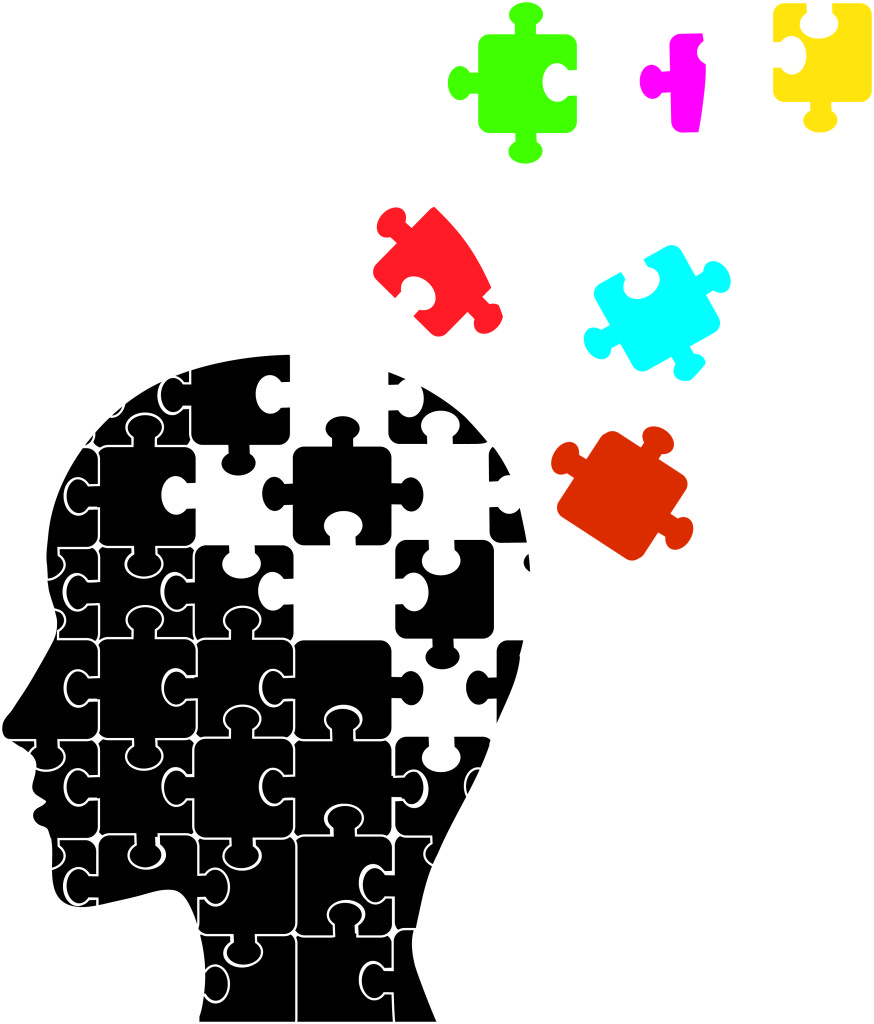


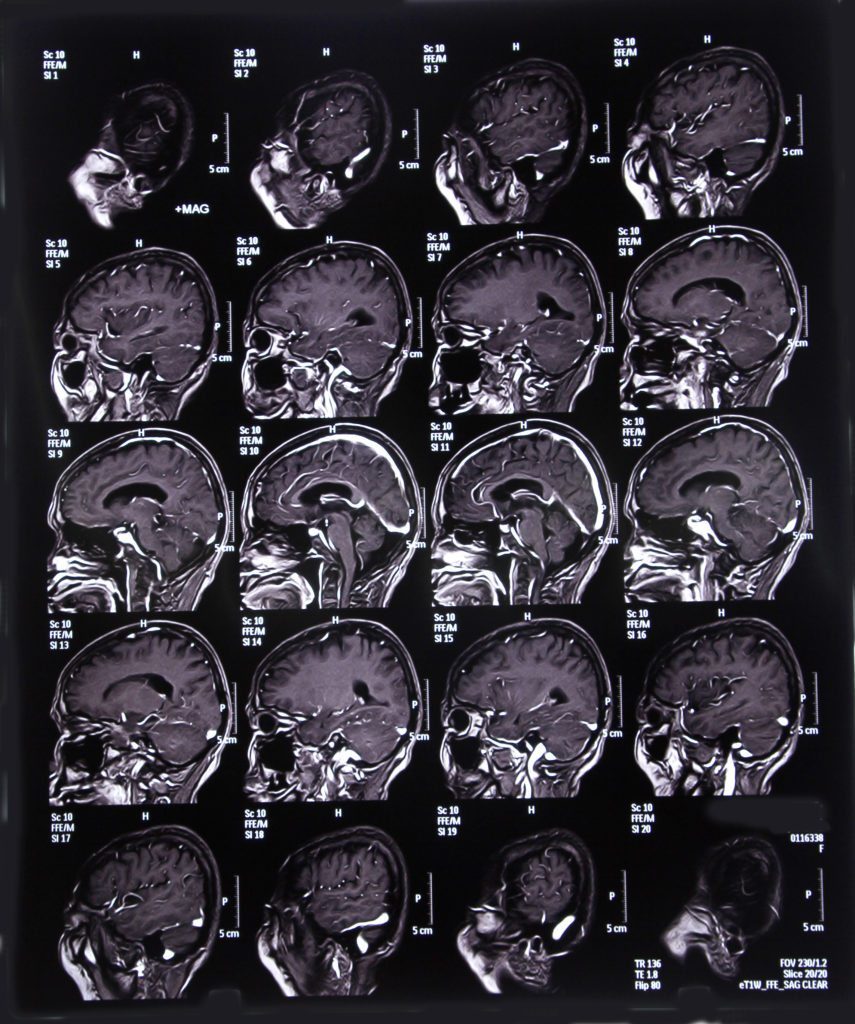

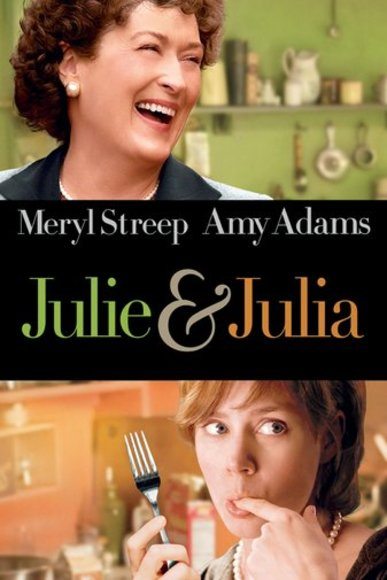
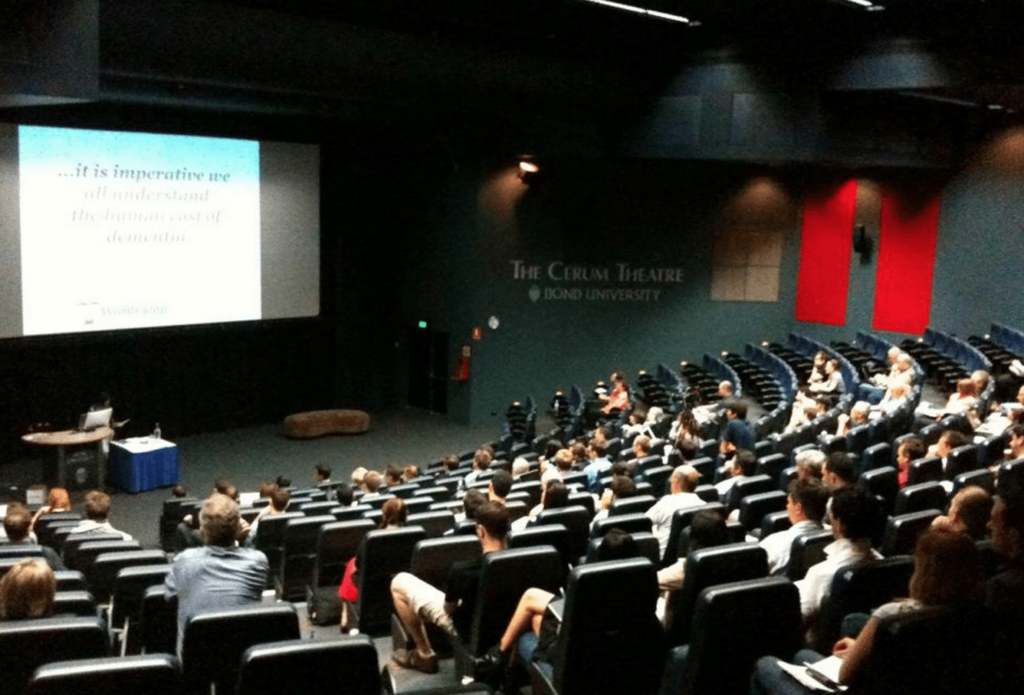
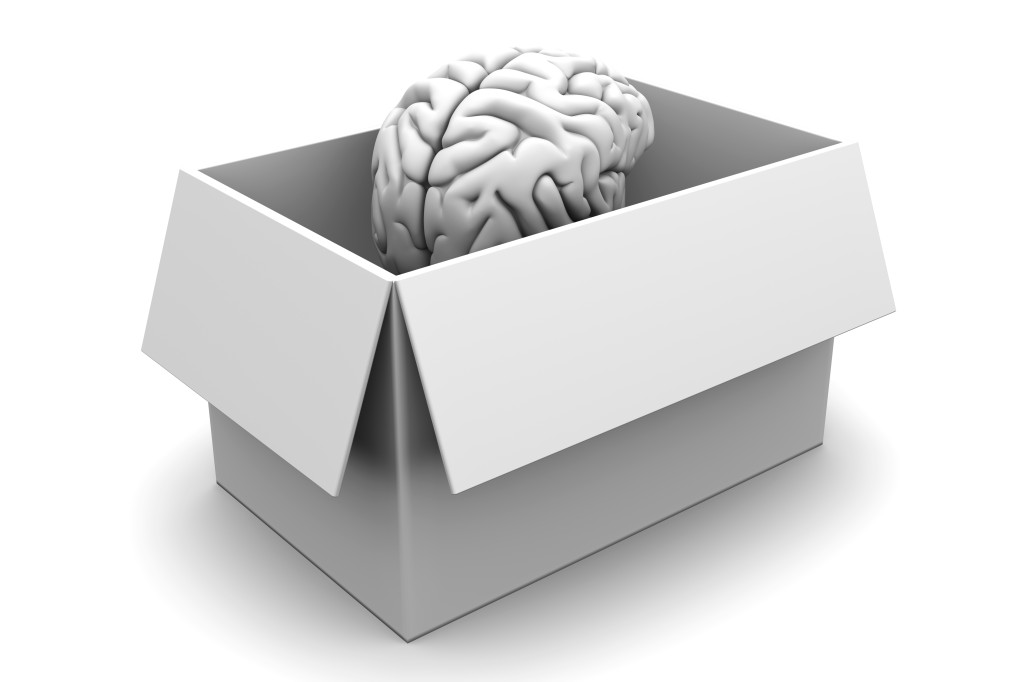

1 Comment
Join the conversation